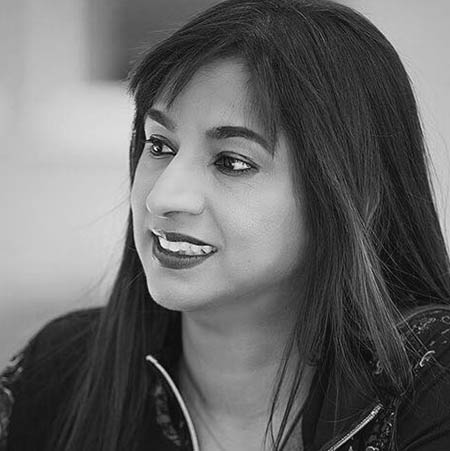I will never understand why some have a problem with the term feminist. This has been an issue for decades. Mainstream media avoid using the term, apparently for fear of being “alienating” or “controversial”. Alienating and controversial for those who fear gender equality, giving up privilege, losing unearned entitlements?
As long as we have inequality we will need feminists and feminism, and August’s Women’s Month is an opportunity for this rallying call. Media, and men, can jump on board to be a progressive force for change by using the term feminist.
Different meanings are attached to Women’s Month: from pampering oneself and drinking champagne to highlighting the gender pay gap and celebrating women’s empowerment or decrying the lack thereof, especially of freedom of movement and safety (such as the Krugersdorp gang rape that happened on the eve of Women’s Month) and calling out the hideous statement by Police Minister Bheki Cele that one of the raped girls was “lucky” it was just by one man.
Different meanings and understandings are normal in a robust democracy. There is no hegemony of view, no ownership of one angle to August. Perhaps we do need minimal consensus, though, of what feminism means. For me and many women it means gender equality and freedom of choice.
Demystifying feminism
Gender Links, in partnership with other organisations, is holding a series of online dialogues, from August to December, on “Demystifying Feminism”, with survey questions.
In one survey, some women who believed in gender equality had reservations about calling themselves feminists.
Read more in Daily Maverick: “International Women’s Day 2022: Cheap talk, empty promises”
The good news is that they made up less than 20% of the participants. I remember this kind of survey in the late 1980s, when it was 50% who had difficulties with the term feminist. Let’s not use it, declared some women, as we will alienate our male comrades. Change is slow, but it does happen when we make the right interventions over time.
Feminism (broad meaning: equality for all genders) can become normalised.
Colleen Lowe-Morna from Gender Links showed, in the first dialogue, that discomfort was a global issue. She cited a recent Washington Post Kaiser poll: though 94% felt women and men should be social, political and economic equals, 47% were uncomfortable with the term feminist. If we believe in equality between the sexes, why are we uncomfortable with the term feminist?
Could it be that many who say they believe in gender equality actually don’t? When power is in question there is a negative backlash.
I did this survey three decades ago, but it does not mean it shouldn’t be done over and over again; it tests the zeitgeist of the time.
During August we can’t do justice to all the issues. But it’s worth mentioning that we have a women’s ministry in government and we are not sure what it does. We tend not to hear from them, even at moments of violence against women. Meanwhile, misogyny is alive and kicking; 898 women were killed in South Africa in the first half of this year, crime stats show. On social media, when men don’t like what women say, or when they are challenged, the attacks are gendered and sexualised – all over the world.
Everything is urgent, from fighting violence against women to annihilating the gender pay gap, and recognising the relevance of intersectionality and African feminism with the triple burdens of gender, race and class inequalities. All these are feminist statements; none excludes the others.
Some people have exclusionary views; for instance, that men can’t be feminist. This is untrue. Men have to be involved in all feminist fights, as they are, after all, the beneficiaries of patriarchy. Male feminists are essential allies, especially since men hear other men’s voices better than they hear women’s, which they often label as “strident”.
Read more in Daily Maverick: “South Africa has many mountains to climb to achieve gender equality by 2030”
It is a moment to be vigilant about losing gains in an antifeminist backlash. See, for example, the overturning of the constitutional right to abortion in the US, which may reverberate in other countries. It is not about why we still need feminism; it’s about why we need feminism more than ever before.
What about men who say to women, but you have so much, you live in a nice house, you have a good job, you earn well and you dress well, but you want more? Micro-aggressions also include: ignoring a woman when she’s speaking, talking over a woman and “mansplaining”.
Feminist waves come and go but one thing remains: the fight for gender equality, to make choices and decisions without permission from men.
We should all be feminist. And not just in August. The demand should be a complete destruction of gender hierarchy.
So, media, please don’t duck the word feminism because it’s “alienating” or “controversial”. Ask the question: who, why and what are you protecting? DM168
This story first appeared in our weekly Daily Maverick 168 newspaper, which is available countrywide for R25.















.jpg?itok=F2C4uk0x)




Discussion about this post